Data Visualization: An Exploration of Tableau's Capabilities
Data Visualization: An Exploration of Tableau's Capabilities
What is Tableau and it's capabilities?
Tableau stands out as a prominent and highly sought-after business intelligence (BI) tool that empowers users to visualize and analyze their data in a visually engaging and easily understandable format.
With Tableau, you can seamlessly work with live data sets, freeing up valuable time that would otherwise be spent on laborious data wrangling tasks.
While this provided a brief overview of Tableau, let's delve deeper and explore what exactly Tableau entails.
Data Visualization with Tableau
Tableau Certification Training is one of the most sought-after skills in Data Visualization. In this part of the blog-series “What is Tableau?”, I will explain to you what exactly is tableau and how to work on it, thereby showcasing you the real power of data visualization using Tableau.

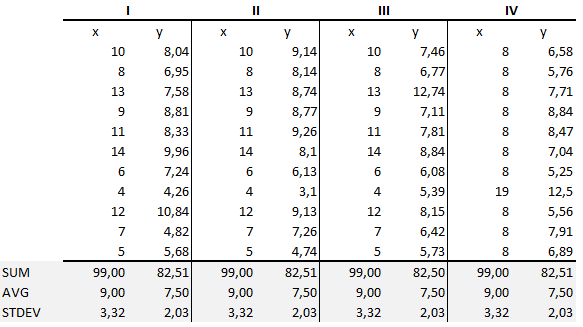
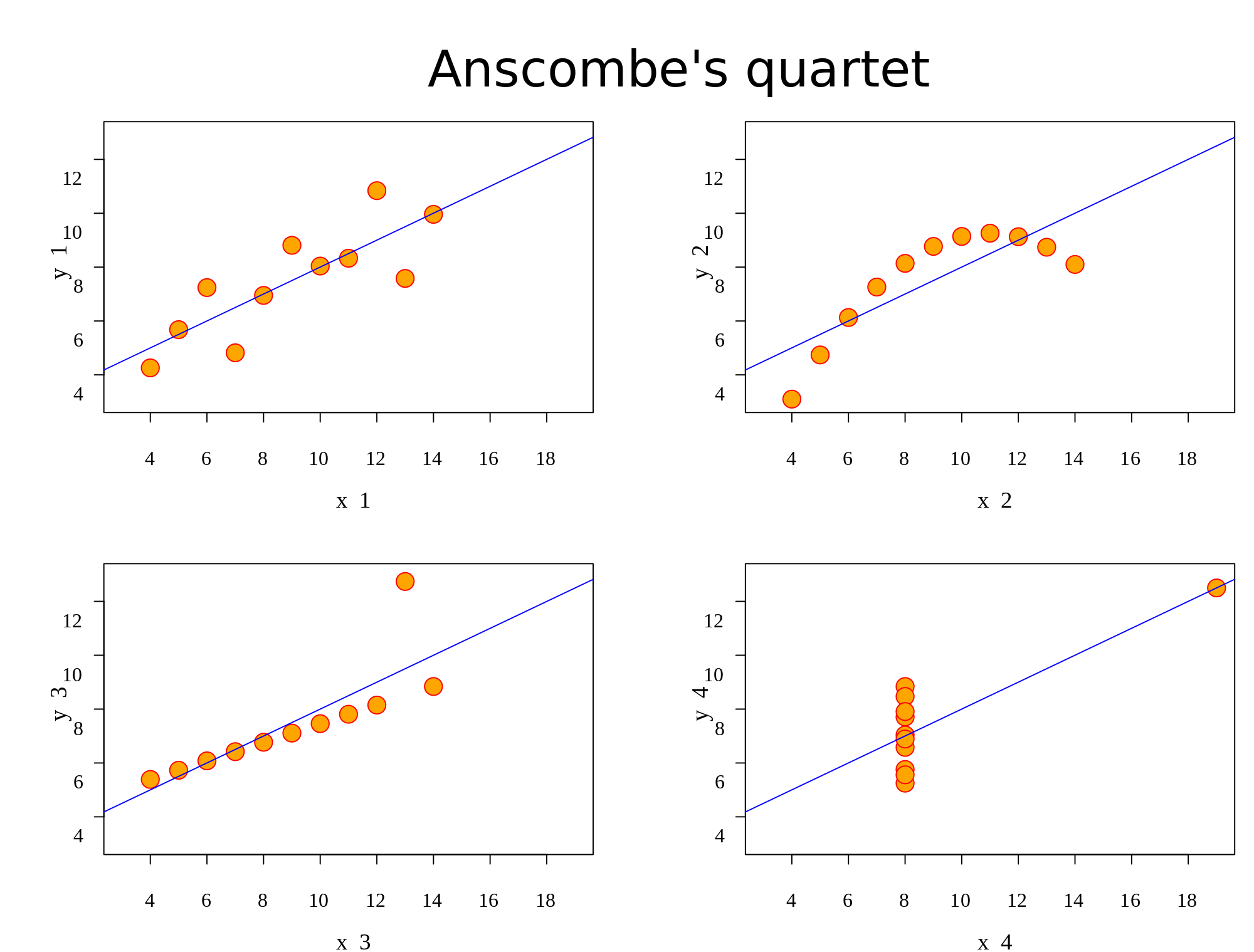
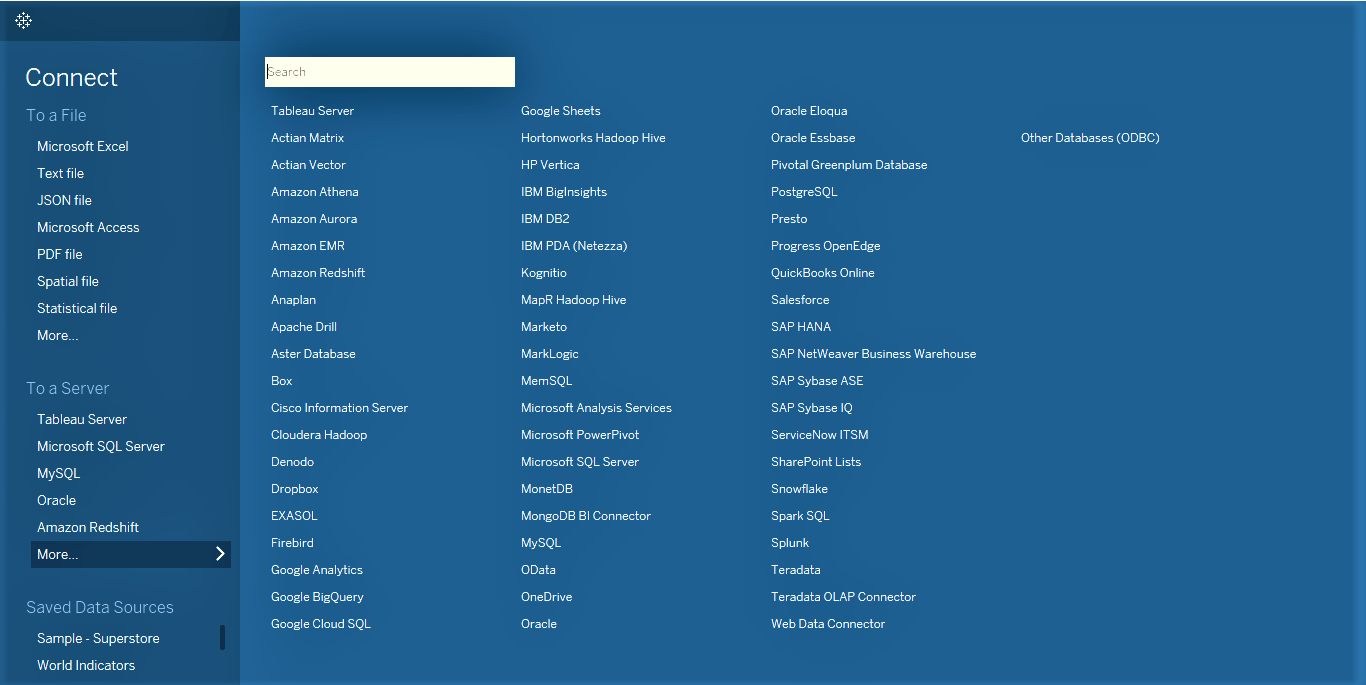

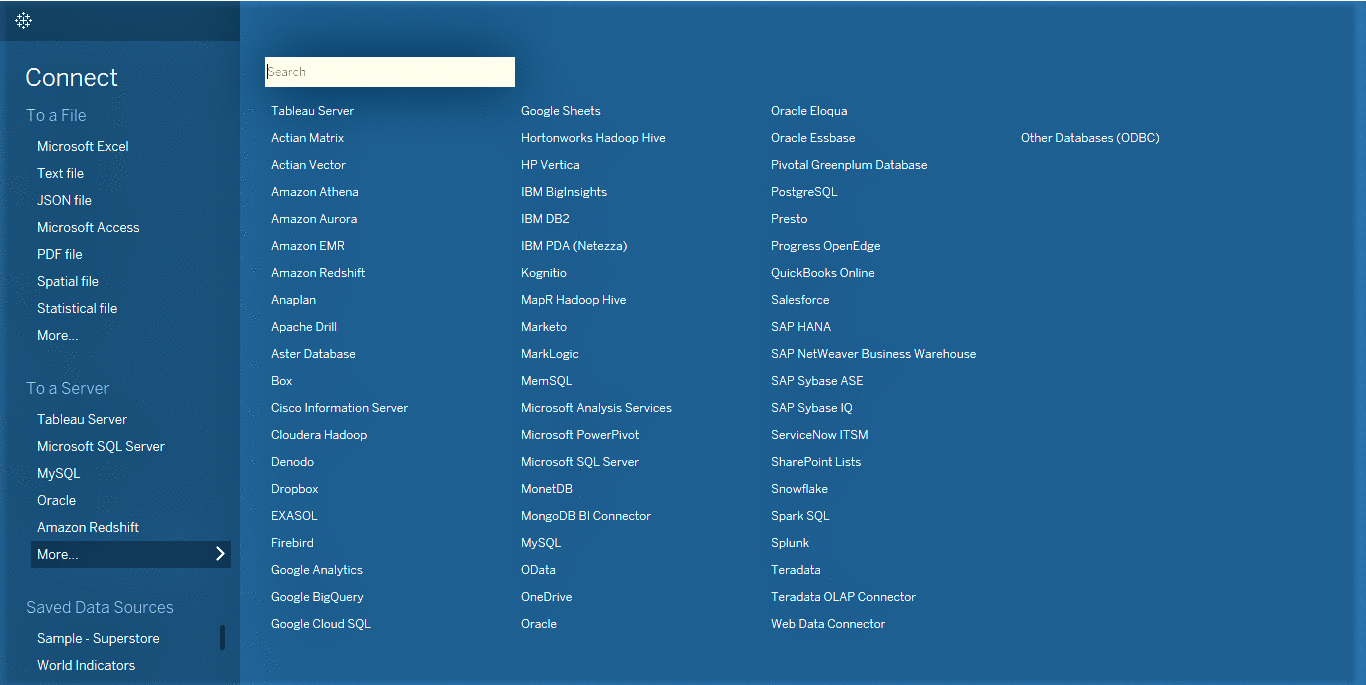
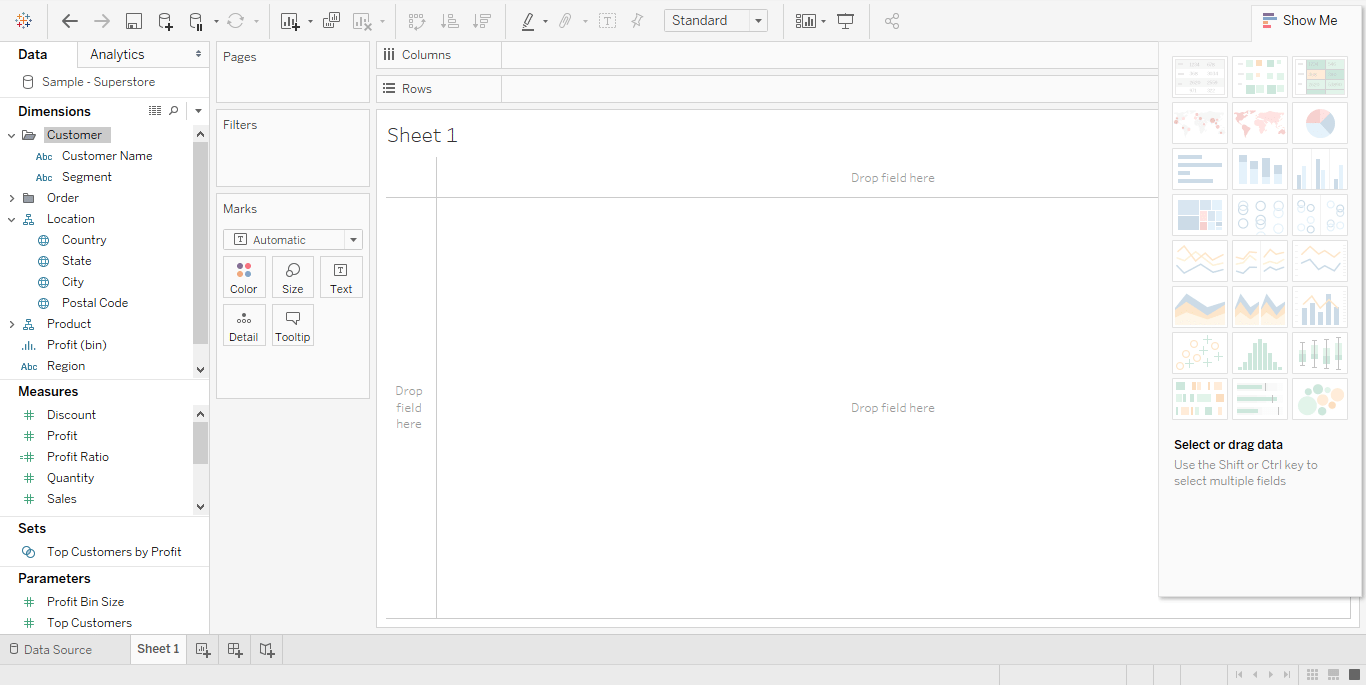
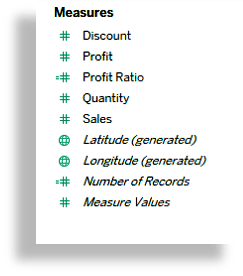

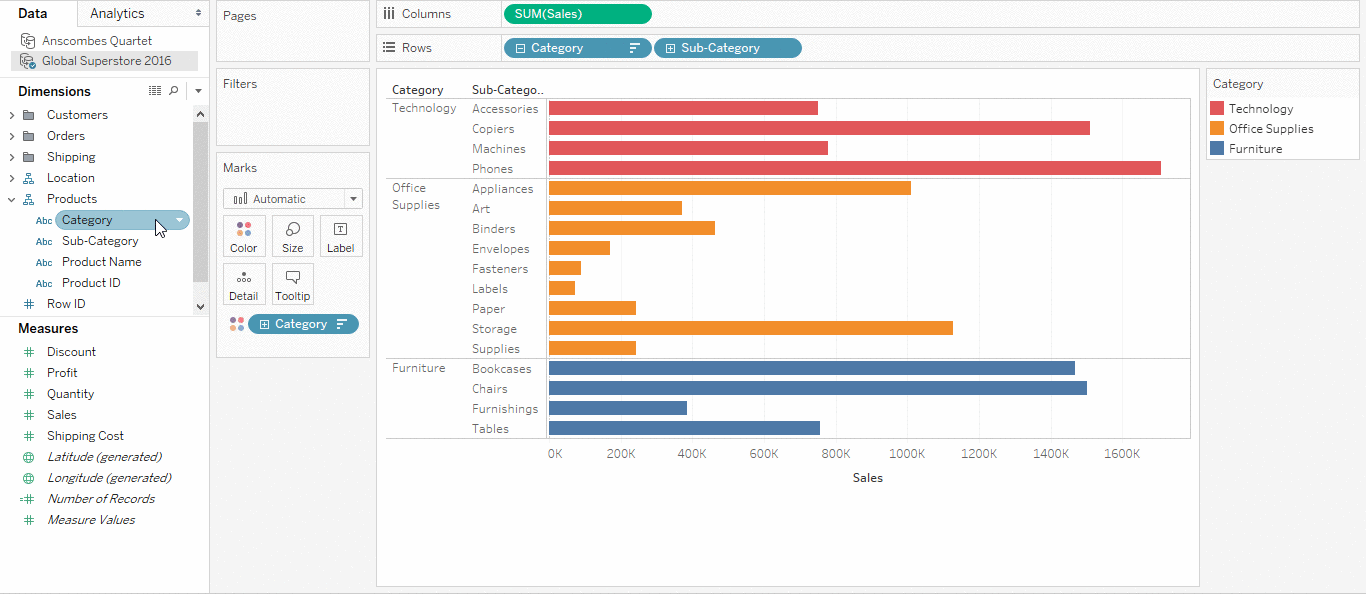
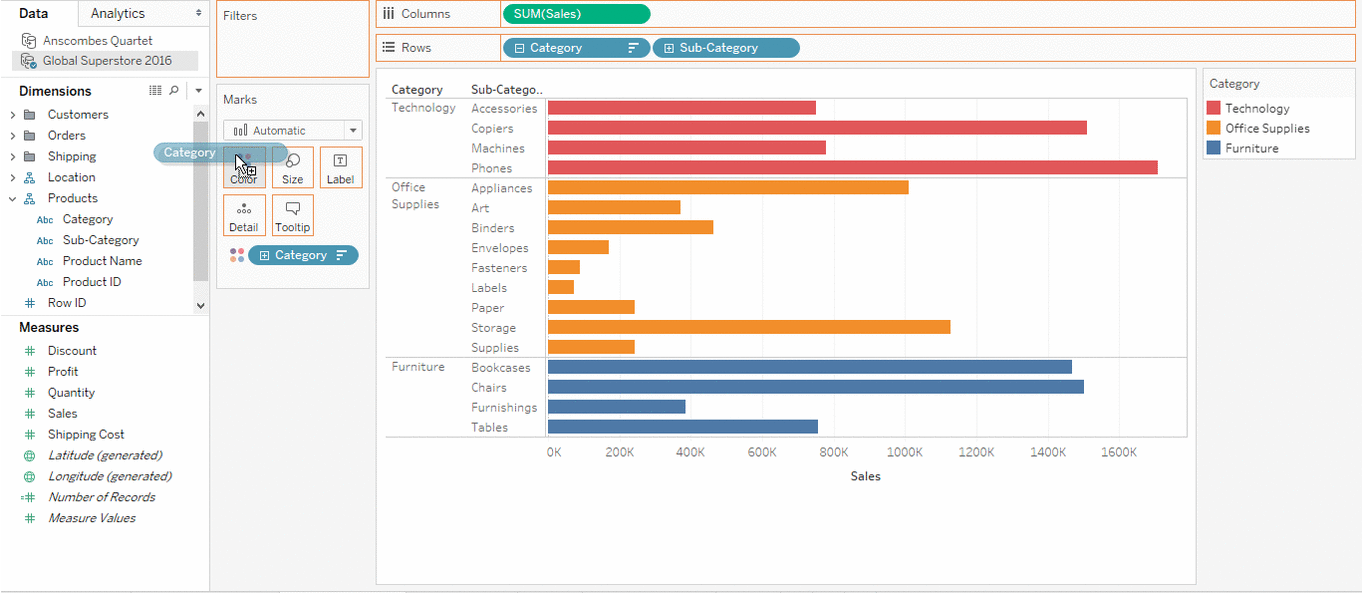
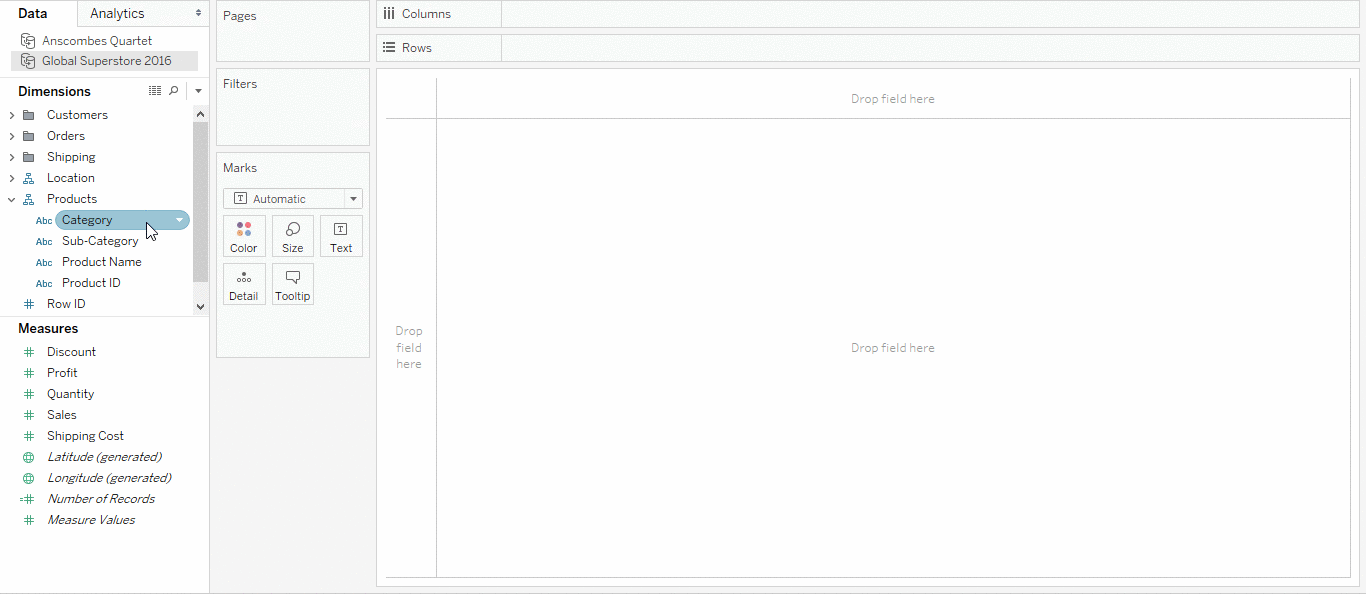
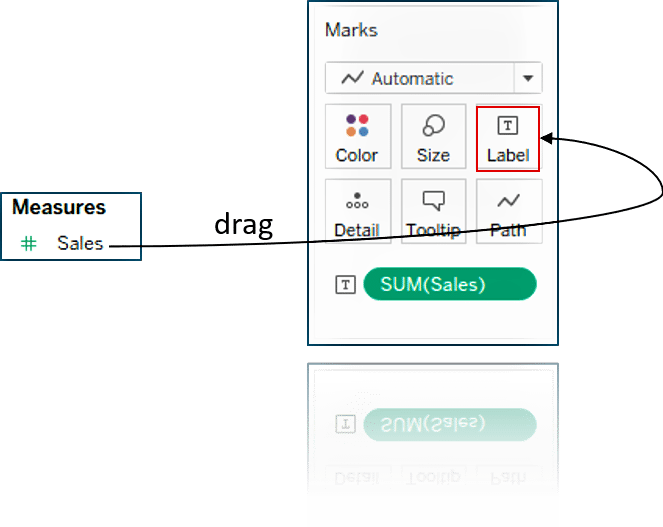
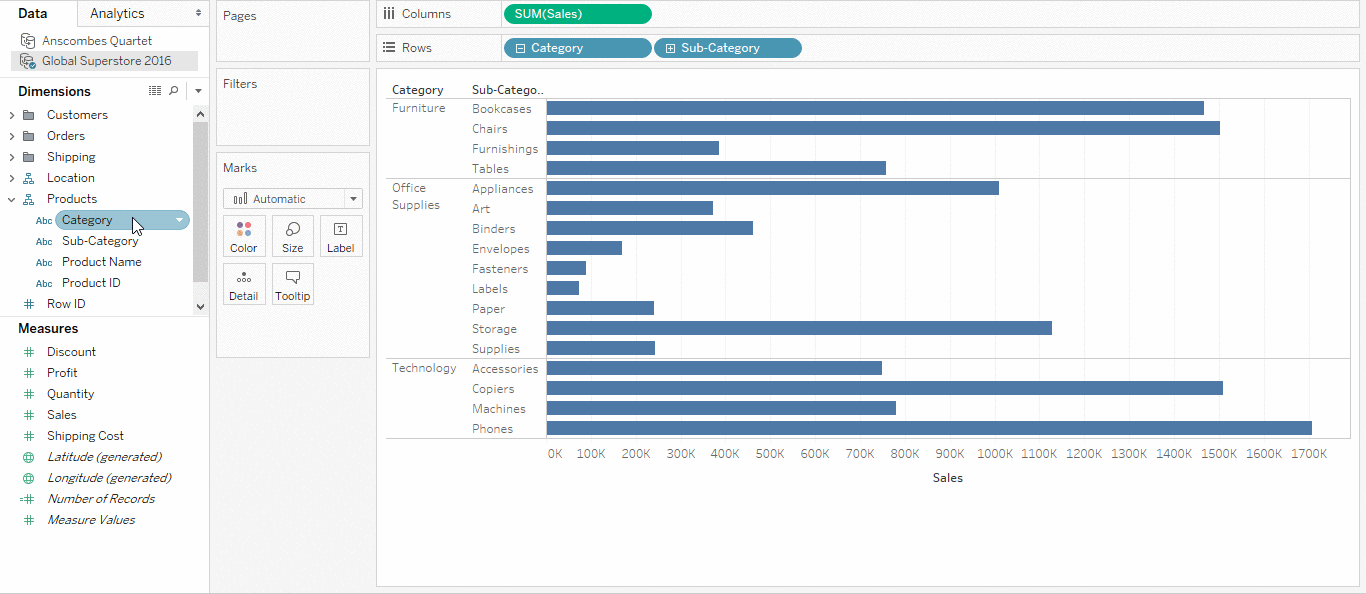


Comments
Post a Comment